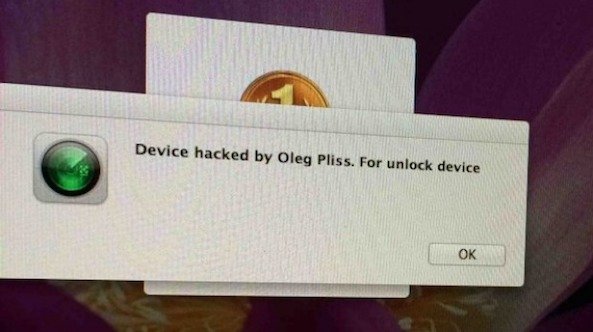Remember, just recently we told you that several iPhones were hacked in Australia, and hackers demanded that their victims transfer $50 to one of their PayPal accounts to unlock their device. So, this story has finally been continued. The Sydney Morning Herald newspaper reported that Russian law enforcement agencies detained two young hackers who hacked an iPhone using iCloud. Both attackers live in the Southern Administrative District of Moscow, one of them is named Ivan, he is 23 years old, his accomplice is 17 years old.
The Ministry of Internal Affairs stated that the hackers were caught during a special operation when the hackers tried to take money from the vending machine, which was transferred to them for unlocking the iPhone. The Interior Ministry also clarified that one of the suspects had already been convicted of such fraud once. 23-year-old Ivan is madly passionate about computers and hacking, as he writes mk.ru . "The young man never studied or worked, while always looking for easy ways to earn ," — told about him in the publication. But almost nothing is known about his accomplice.
After the search, a PC, SIM cards, phones and hacking literature written by hackers were found in the apartment. The report claims that both have already confessed, however, it is still unknown for sure whether these two are related to exactly that hacking in Australia or just used a similar scheme of actions. Some Russian users became victims of a similar attack just a few days later than the well-known Australian events.

In turn, Apple said that the hack had nothing to do with some kind of hole in the iCloud security system:
Apple takes security very seriously, iCloud was not hacked during this incident. Users who have been attacked should change their Apple ID password as soon as possible, and not use the same username and password for multiple services. Any users who need additional help can contact AppleCare or visit their nearest Apple Retail Store.
Once again, we remind you that for security purposes it is necessary to change names and passwords in different services. And also, if possible, use two-factor authentication. In addition, you can use applications such as 1Password to store all the passwords you have registered in various services.